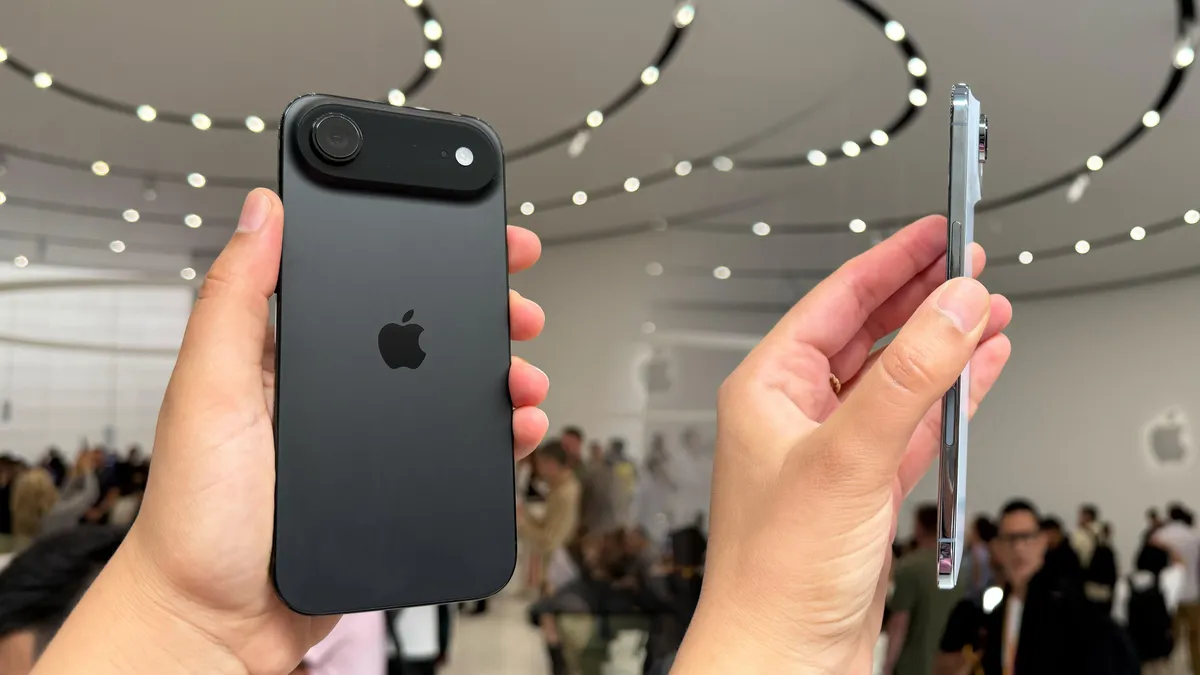Apple has introduced the iPhone Air, its thinnest smartphone to date at just 5.6 mm, marking a significant design evolution in the iPhone lineup. This move reflects Apple’s commitment to innovation and its response to market demands for more compact and efficient devices.
The iPhone Air features a titanium frame and “ceramic shield” glass, enhancing durability while maintaining a sleek profile. Powered by Apple’s A19 Pro chip, optimized for AI tasks, and two custom communications chips, the device promises improved performance and energy efficiency. However, it offers a single rear camera, a departure from the multiple cameras in other models, and questions remain about its battery life despite claims of “all-day” usage.
Analysts view the iPhone Air as a strategic product that could appeal to a broad customer base. Priced at $100 less than Samsung’s Galaxy S25 Edge, it positions itself as a mid-tier option with premium aesthetics. The device’s slim design and advanced features may attract users seeking a balance between performance and portability.
While the iPhone Air lacks major AI advancements, its design and pricing strategy could help Apple regain market share, particularly in competitive markets like China. The device’s introduction is expected to drive upgrades and boost sales during the holiday season, contributing positively to Apple’s overall performance.


